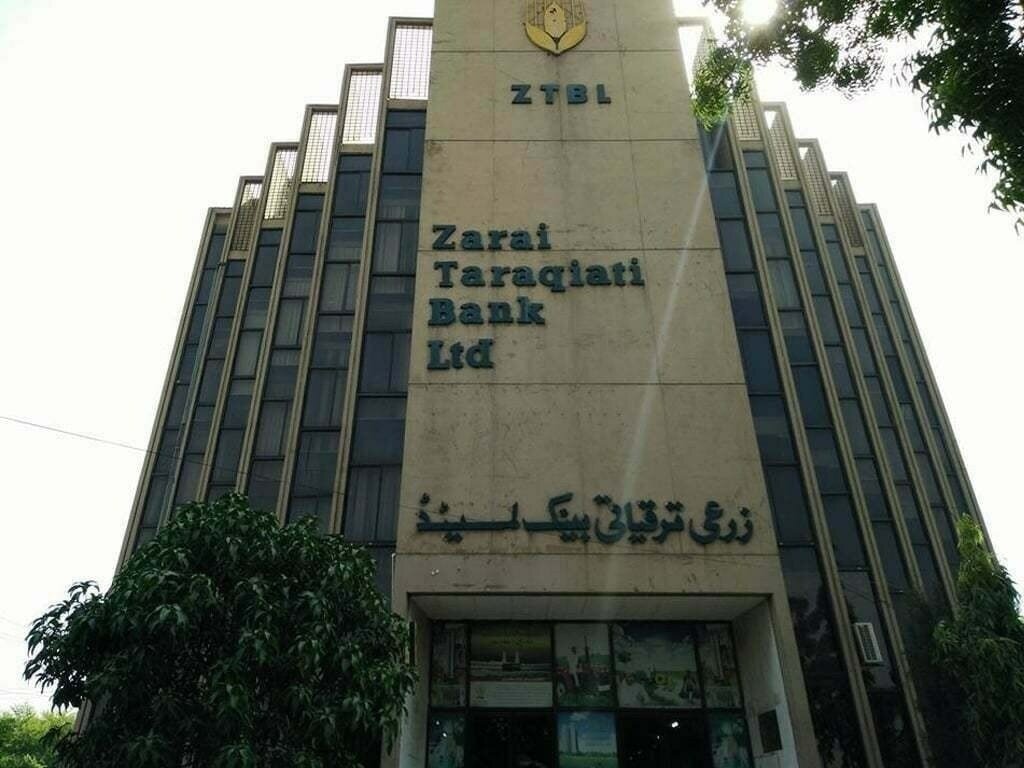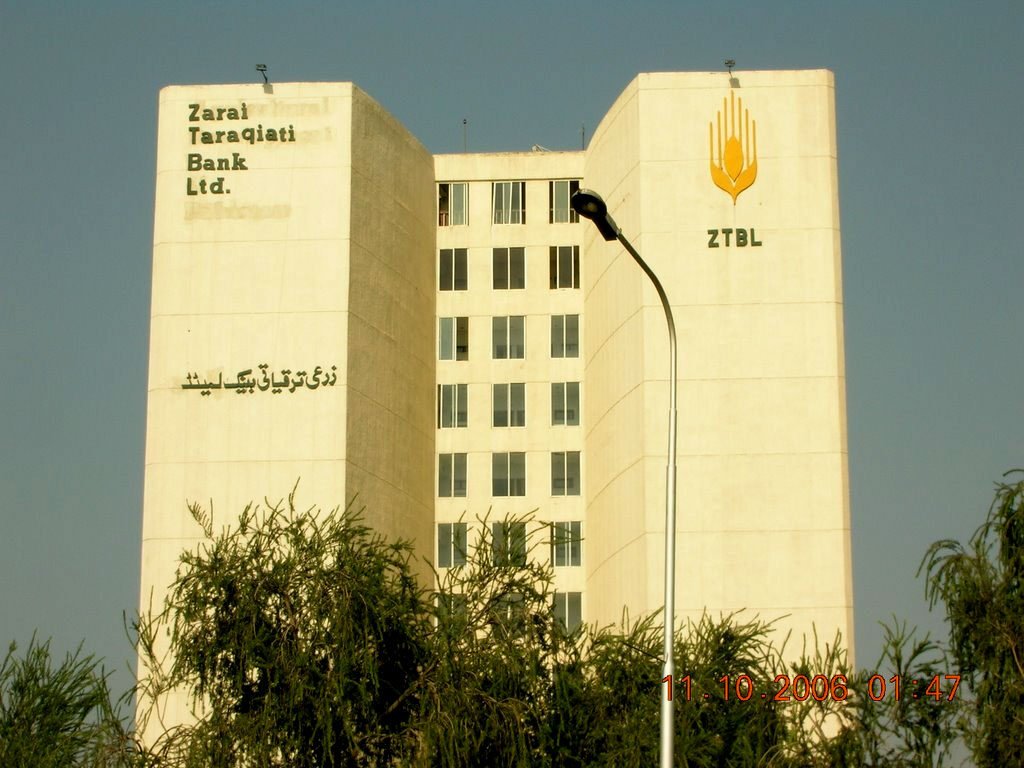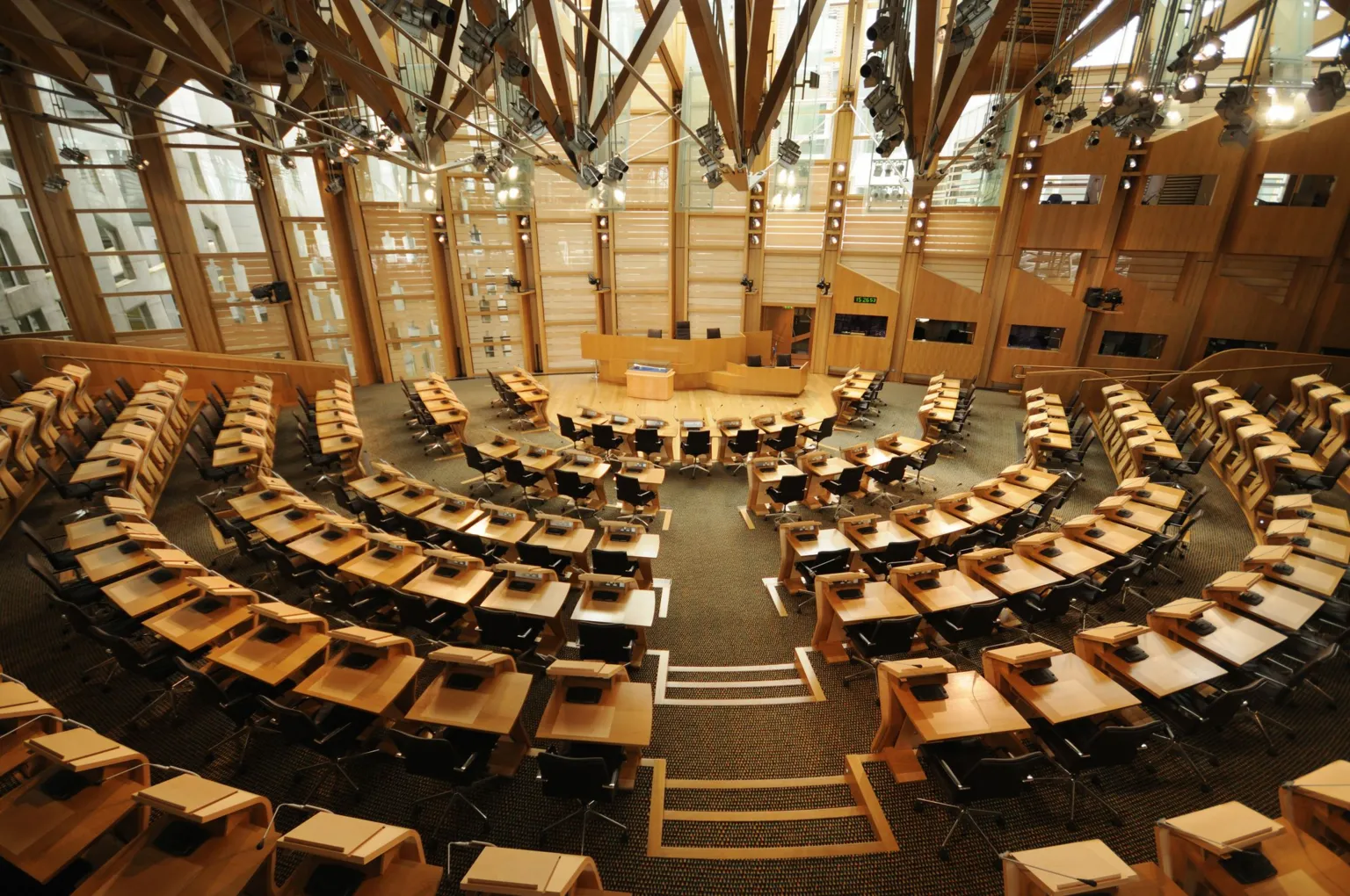
The ZTBL PAC hearing 2025 has become a defining moment in Pakistan’s agricultural banking history, exposing critical vulnerabilities in the country’s premier agricultural financial institution. On July 8, 2025, the Public Accounts Committee (PAC) convened under Chairman Junaid Akbar Khan to scrutinize mounting allegations against Zarai Taraqiati Bank Limited (ZTBL), ultimately revealing a complex web of missing loan files, fraudulent schemes, and systemic failures that have shaken public confidence in institutional agricultural lending.
This landmark hearing has not only highlighted the urgent need for comprehensive banking reforms but also raised fundamental questions about accountability, transparency, and governance in Pakistan’s state-owned financial institutions. The revelations from the ZTBL PAC hearing 2025 have far-reaching implications for the country’s agricultural sector, affecting millions of farmers who depend on institutional credit for their livelihoods.
Understanding ZTBL’s Critical Role in Pakistan’s Economy
Historical Context and Mandate
Zarai Taraqiati Bank Limited stands as Pakistan’s largest and most important agricultural development bank, established with the specific mandate to provide institutional credit to the farming community. Since its inception, ZTBL has been instrumental in transforming Pakistan’s agricultural landscape by providing accessible financial services to rural populations, particularly small-scale farmers who traditionally had limited access to formal banking channels.
The bank’s significance extends beyond mere lending operations. ZTBL serves as the backbone of Pakistan’s agricultural credit system, supporting a sector that contributes approximately 22.9% to the national GDP and employs 37.4% of the country’s workforce. With over 600,000 active borrowers and a network spanning 501 branches across 482 locations, the institution has been pivotal in modernizing agricultural practices and improving rural livelihoods.

Recent Financial Performance
Before the controversies revealed in the ZTBL PAC hearing 2025, the bank had shown remarkable financial recovery. ZTBL transformed from a loss-making entity posting losses of approximately Rs. 6 billion in 2021 to achieving record profits of Rs. 11.086 billion in 2023 and Rs. 15.34 billion in 2024. This dramatic turnaround was attributed to improved governance, enhanced recovery mechanisms, and the implementation of modern banking practices under new management.
The bank’s Capital Adequacy Ratio (CAR) improved significantly to 37.76%, well above the State Bank of Pakistan’s requirement of 11.50%. During 2023, ZTBL extended credit worth Rs. 93 billion to over 300,000 farmers and played a major role in the Prime Minister’s Kisaan Package by disbursing Rs. 29.5 billion, particularly for farm mechanization and flood-affected areas.
Detailed Timeline of the ZTBL PAC Hearing 2025
Pre-Hearing Developments
The events leading to the ZTBL PAC hearing 2025 began with routine audit observations that gradually uncovered serious irregularities in the bank’s operations. The Auditor General’s Office had been investigating discrepancies in loan documentation and recovery processes, which eventually led to the discovery of missing files and fraudulent activities. Initial audit reports indicated significant gaps in record-keeping and raised concerns about the bank’s internal control mechanisms. These findings prompted the PAC to schedule a comprehensive hearing to examine the extent of irregularities and assess the bank’s response to identified problems.
Day of the Hearing: July 8, 2025
The ZTBL PAC hearing 2025 commenced with Chairman Junaid Akbar Khan presiding over a full committee session. The hearing was structured to address multiple audit objections and examine various aspects of ZTBL’s operations, including loan disbursement procedures, recovery mechanisms, and documentation management. Auditor General’s Office officials presented their findings systematically, revealing the shocking scale of missing loan files and fraudulent activities.
The presentation included detailed breakdowns of financial losses, identification of problematic cases, and analysis of systemic failures that had allowed such irregularities to persist. ZTBL President Yaqub Bhatti and other senior bank officials were called to provide explanations and clarifications regarding the audit findings. The hearing extended for several hours as committee members asked probing questions about specific cases and demanded detailed responses about the bank’s remedial measures.
Major Revelations from the ZTBL PAC Hearing 2025
The Missing Files Scandal
The most shocking revelation during the ZTBL PAC hearing 2025 was the discovery that approximately 11,400 loan files worth Rs. 11.48 billion had disappeared from the bank’s records. This represented nearly half of the 22,000 files that were initially reported as problematic, creating a massive gap in the bank’s documentation system. The audit revealed that these missing files covered loans disbursed over several years, affecting borrowers across various regions of Pakistan.
The absence of proper documentation made it extremely difficult to track loan status, assess recovery prospects, or take appropriate legal action against defaulters. Committee members expressed serious concerns about how such a large number of files could go missing without triggering internal alerts or prompting immediate corrective action. The revelation raised fundamental questions about ZTBL’s record-keeping practices and internal control systems.
Historical Context: The 2007 Benazir Bhutto Incident
During the ZTBL PAC hearing 2025, ZTBL officials explained that a significant portion of the missing files could be traced back to the violent protests that erupted following the assassination of former Prime Minister Benazir Bhutto in December 2007. According to bank records, approximately 27,537 loan case files were destroyed during these protests as angry mobs targeted government buildings and institutions across the country.
The bank maintained that while this historical incident explained the loss of many files, it had been working systematically to reconstruct records and recover outstanding amounts. ZTBL claimed that through diligent efforts, the number of problematic cases had been reduced from the original 27,537 to approximately 5,201 reconstructed cases.
Fraudulent Loan Schemes Exposed
The ZTBL PAC hearing 2025 uncovered a sophisticated fraudulent scheme involving individuals who posed as farmers to obtain agricultural loans illegally. The audit revealed that fake farmers had successfully secured loans worth Rs. 1.25 billion by presenting forged documents and false information about their agricultural activities and land ownership. This fraud was facilitated by a network of corrupt bank employees who helped process these fraudulent applications in exchange for commissions.
The scheme involved creating fake land records, forged identity documents, and fabricated income statements to meet loan eligibility criteria. The committee was informed that despite ongoing recovery efforts, only Rs. 270 million had been recovered from the Rs. 1.25 billion fraudulently disbursed amount, leaving a substantial gap that represented a significant loss to the national exchequer.
Employee Involvement and Corruption
One of the most disturbing aspects revealed during the ZTBL PAC hearing 2025 was the extensive involvement of bank employees in fraudulent activities. The audit identified over 400 ZTBL employees who were allegedly involved in document forgery, facilitating fake loans, and other corrupt practices. The hearing revealed that many employees had been demanding and receiving commissions from farmers for processing legitimate loan applications, creating an additional financial burden on borrowers who were already struggling with agricultural challenges.
This practice not only increased the cost of borrowing but also created barriers for genuine farmers seeking institutional credit. Committee members expressed particular concern about the exploitation of poor farmers, noting that such corrupt practices disproportionately affected small-scale agriculturalists who had limited alternatives for accessing formal credit.
ZTBL’s Official Response and Damage Control
Immediate Clarifications
Following the ZTBL PAC hearing 2025, ZTBL management moved quickly to address what they characterized as “misreporting” by sections of the media. The bank issued detailed clarifications aimed at providing context to the revelations and correcting what they perceived as distorted representations of the facts. ZTBL emphasized that while the challenges were significant, the bank had been proactively working to address them and had made substantial progress in recovering outstanding amounts and reconstructing lost records. The management stressed that the total recoverable amount was much lower than media reports suggested.
Contextualizing the Financial Impact
In its post-hearing clarifications, ZTBL provided detailed breakdowns of the actual financial impact of missing and burnt files. The bank clarified that the amount outstanding and recoverable against the remaining 5,201 burnt files and 790 missing files totaled Rs. 1.167 billion, which averaged to less than Rs. 195,000 per borrower.
The bank emphasized that these were primarily small loans to farmers, consistent with ZTBL’s mandate to serve subsistence and small-scale agriculturalists. This clarification was intended to counter media reports that suggested losses in the tens of billions, which the bank argued were based on a misunderstanding of the actual situation.
Recovery and Remedial Measures
ZTBL outlined comprehensive measures it had implemented to address the irregularities identified in the ZTBL PAC hearing 2025. These included enhanced internal controls, improved documentation procedures, and strengthened oversight mechanisms to prevent future occurrences of similar problems. The bank reported that it had cooperated fully with law enforcement agencies, referring cases to the Federal Investigation Agency (FIA) and National Accountability Bureau (NAB) for criminal investigation. Additionally, ZTBL had initiated civil recovery proceedings against defaulters and was pursuing asset recovery through legal channels.
Impact Assessment on Stakeholders
Effects on Small-Scale Farmers
The revelations from the ZTBL PAC hearing 2025 have created significant concern among Pakistan’s farming community, particularly small-scale farmers who depend heavily on ZTBL for their credit needs. With 89% of Pakistan’s farmers holding less than 12.5 acres of land, ZTBL’s role as a reliable source of agricultural credit is crucial for rural livelihoods.
The controversy has raised concerns about potential tightening of lending criteria and increased scrutiny of loan applications, which could make it more difficult for legitimate farmers to access credit. This is particularly worrying given the challenges facing Pakistan’s agricultural sector, including climate change impacts, water scarcity, and economic pressures.
Banking Sector Implications
The ZTBL PAC hearing 2025 has broader implications for Pakistan’s banking sector, particularly regarding the governance and oversight of state-owned financial institutions. The revelations have highlighted the need for stronger regulatory frameworks and enhanced monitoring mechanisms to prevent similar occurrences in other institutions. The controversy has also raised questions about the effectiveness of existing audit procedures and the adequacy of internal control systems in public sector banks. These concerns may prompt regulators to implement more stringent oversight requirements across the sector.
Economic and Policy Consequences
From a macroeconomic perspective, the issues revealed in the ZTBL PAC hearing 2025 represent a significant concern for Pakistan’s fiscal health. The country, already facing economic challenges and seeking international financial assistance, cannot afford large-scale losses in its financial institutions. The controversy may also impact Pakistan’s agricultural policy framework, potentially leading to reforms in how institutional credit is delivered to the farming community. Policymakers may need to consider alternative mechanisms for ensuring reliable access to agricultural finance while maintaining adequate oversight and control.
For More: 7 Best Business Website Design Packages Proven to Work
Comprehensive Reform Recommendations
Immediate Digitalization Initiative
The most critical recommendation emerging from the ZTBL PAC hearing 2025 is the immediate and comprehensive digitalization of all bank operations. This initiative should include:
Complete electronic documentation of all existing loan files and customer records, with robust backup systems to prevent data loss. Implementation of biometric verification systems for customer identification to prevent identity fraud. Real-time monitoring systems for loan disbursements and recovery processes, with automated alerts for unusual transactions or discrepancies. Integration of geographic information systems (GIS) to verify land ownership and agricultural activities, making it more difficult for non-farmers to obtain agricultural loans fraudulently.
Governance and Oversight Reforms
The hearing has highlighted the need for fundamental reforms in ZTBL’s governance structure and oversight mechanisms. These should include:
Establishment of an independent board of directors with expertise in banking, agriculture, and risk management. Implementation of a robust internal audit function with direct reporting lines to the board and external regulators. Creation of specialized committees for credit approval, risk management, and compliance oversight. Regular rotation of staff in sensitive positions prevents the development of corrupt networks and ensures fresh perspectives in decision-making processes.
Enhanced Risk Management Framework
The ZTBL PAC hearing 2025 has demonstrated the need for a comprehensive risk management framework that addresses the unique challenges of agricultural lending. This framework should include:
Development of sophisticated credit scoring models that account for agricultural risks, seasonal variations, and climate factors. Implementation of portfolio diversification strategies to reduce concentration risk across crops, regions, and borrower categories. Establishment of early warning systems to identify potential defaults and trigger timely intervention measures. Regular stress testing of the loan portfolio to assess resilience under various economic and climatic scenarios.
Long-term Strategic Vision
Technology-Driven Transformation
The future of ZTBL, as highlighted by the ZTBL PAC hearing 2025, lies in embracing cutting-edge technology to transform its operations. This includes:
Development of mobile banking platforms specifically designed for rural populations, enabling farmers to access services without visiting physical branches. Implementation of artificial intelligence and machine learning algorithms for credit assessment, fraud detection, and customer service. Integration with agricultural databases and weather monitoring systems to provide farmers with comprehensive financial and advisory services. Blockchain technology for secure and transparent record-keeping, ensuring that issues like missing files cannot recur.
Sustainable Agricultural Finance Model
ZTBL must evolve beyond traditional lending to become a comprehensive partner in Pakistan’s agricultural development. This vision includes:
Development of innovative financial products tailored to different agricultural segments, including crop insurance, commodity financing, and equipment leasing. Partnerships with technology companies, agricultural research institutions, and development organizations to provide holistic support to farmers. Integration of environmental, social, and governance (ESG) criteria into lending decisions to promote sustainable agricultural practices. Support for climate-smart agriculture through specialized financing schemes and advisory services.
Lessons for Pakistan’s Financial Sector
Importance of Transparency and Accountability
The ZTBL PAC hearing 2025 has underscored the critical importance of transparency and accountability in financial institutions. The controversy demonstrates how lack of proper oversight and weak internal controls can lead to significant losses and damage to institutional credibility. Other financial institutions in Pakistan must take note of these lessons and proactively strengthen their governance frameworks to prevent similar issues. This includes regular internal audits, robust documentation procedures, and clear accountability mechanisms for all levels of staff.
Role of Parliamentary Oversight

The hearing has highlighted the crucial role of parliamentary committees in ensuring accountability in public sector institutions. The PAC’s thorough examination of ZTBL’s operations demonstrates the importance of regular legislative oversight in identifying and addressing institutional failures. The success of the ZTBL PAC hearing 2025 in uncovering serious irregularities suggests that similar scrutiny should be applied to other public sector financial institutions to ensure they are operating by their mandates and public interest.
Conclusion: Charting a Path Forward
The ZTBL PAC hearing 2025 represents a watershed moment in Pakistan’s agricultural banking sector, serving as both a stark reminder of institutional vulnerabilities and a catalyst for comprehensive reform. While the revelations of missing files, fraudulent schemes, and systemic corruption are deeply concerning, they have also created an unprecedented opportunity to rebuild and strengthen the country’s agricultural finance infrastructure.
The hearing has demonstrated that transparency and accountability are not optional luxuries but essential requirements for maintaining public trust in financial institutions. The extensive media coverage and public interest generated by the ZTBL PAC hearing 2025 reflect the critical importance of agricultural banking in Pakistan’s economic framework and the urgent need for reliable, corruption-free institutions to serve the farming community.
FAQs
Q1: What was the primary purpose of the ZTBL PAC hearing in 2025?
The ZTBL PAC hearing 2025 was convened to examine audit objections related to ZTBL’s operations, particularly focusing on missing loan files worth Rs. 11.48 billion, fraudulent loan schemes involving fake farmers, and systemic corruption within Pakistan’s premier agricultural bank. The hearing aimed to assess the extent of irregularities and evaluate the bank’s response to identified problems.
Q2: How many loan files were missing according to the ZTBL PAC hearing in 2025?
During the ZTBL PAC hearing in 2025, auditors revealed that approximately 11,400 loan files worth Rs. 11.48 billion were missing from ZTBL’s records. However, the bank later clarified that many files were destroyed during the 2007 protests following Benazir Bhutto’s assassination, and the actual recoverable amount is significantly lower at Rs. 1.167 billion.
Q3: What fraudulent schemes were exposed during the ZTBL PAC hearing in 2025?
The ZTBL PAC hearing 2025 exposed a major fraudulent scheme where individuals posing as farmers illegally obtained loans worth Rs. 1.25 billion. These fake farmers used forged documents and false information about agricultural activities, often with the help of corrupt bank employees who received commissions for facilitating these fraudulent transactions.
Q4: How many ZTBL employees were involved in the corruption revealed during the hearing?
The ZTBL PAC hearing 2025 revealed that over 400 ZTBL employees were allegedly involved in various fraudulent activities, including document forgery, facilitating fake loans, and demanding commissions from borrowers. All these employees have been terminated, and their cases have been referred to law enforcement agencies for criminal investigation.
Q5: What immediate reforms were recommended following the ZTBL PAC hearing 2025?
Following the ZTBL PAC hearing 2025, the PAC recommended immediate digitalization of all bank operations, implementation of enhanced internal controls, establishment of robust monitoring systems, and strengthening of governance frameworks. The committee also ordered acceleration of recovery efforts and cooperation with law enforcement agencies for legal proceedings against the involved parties.



